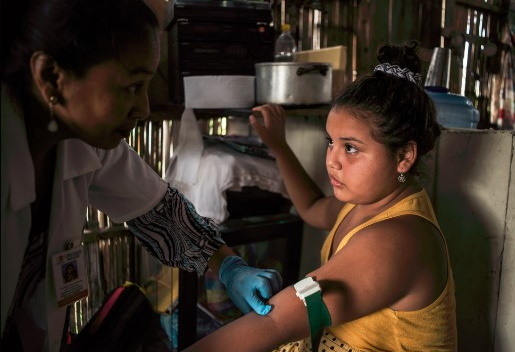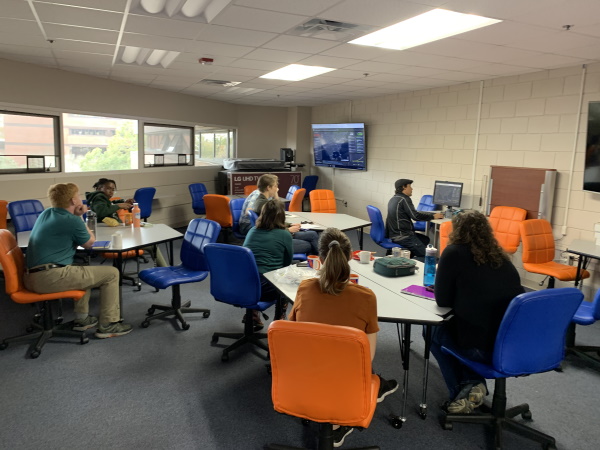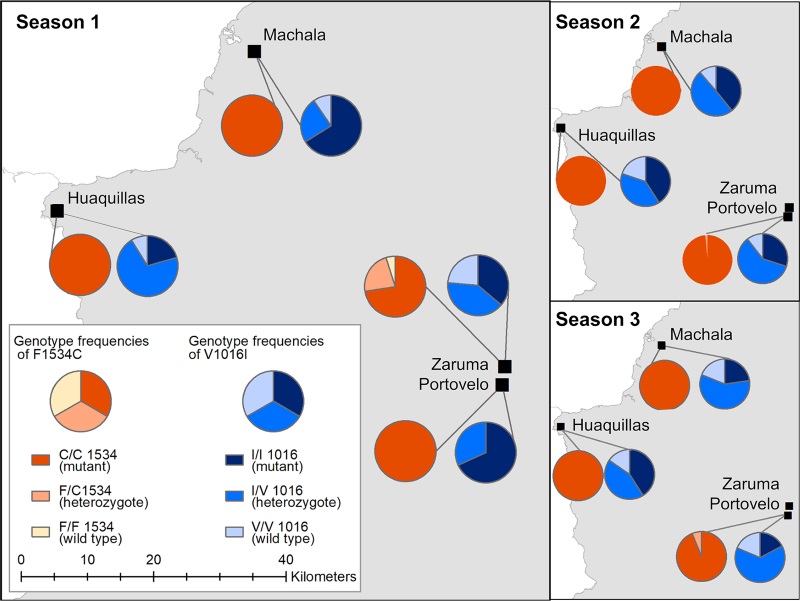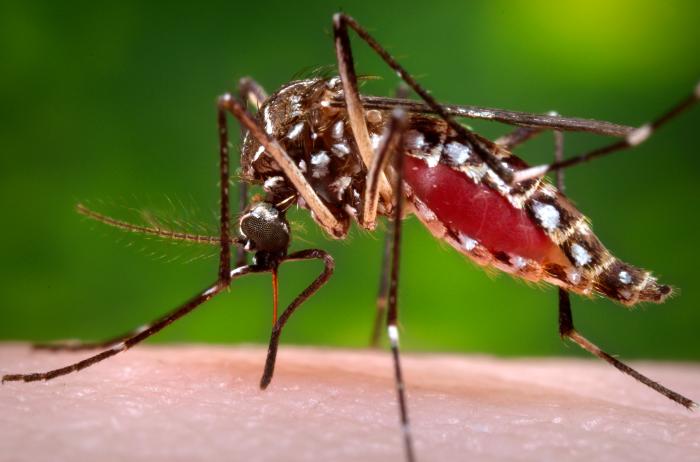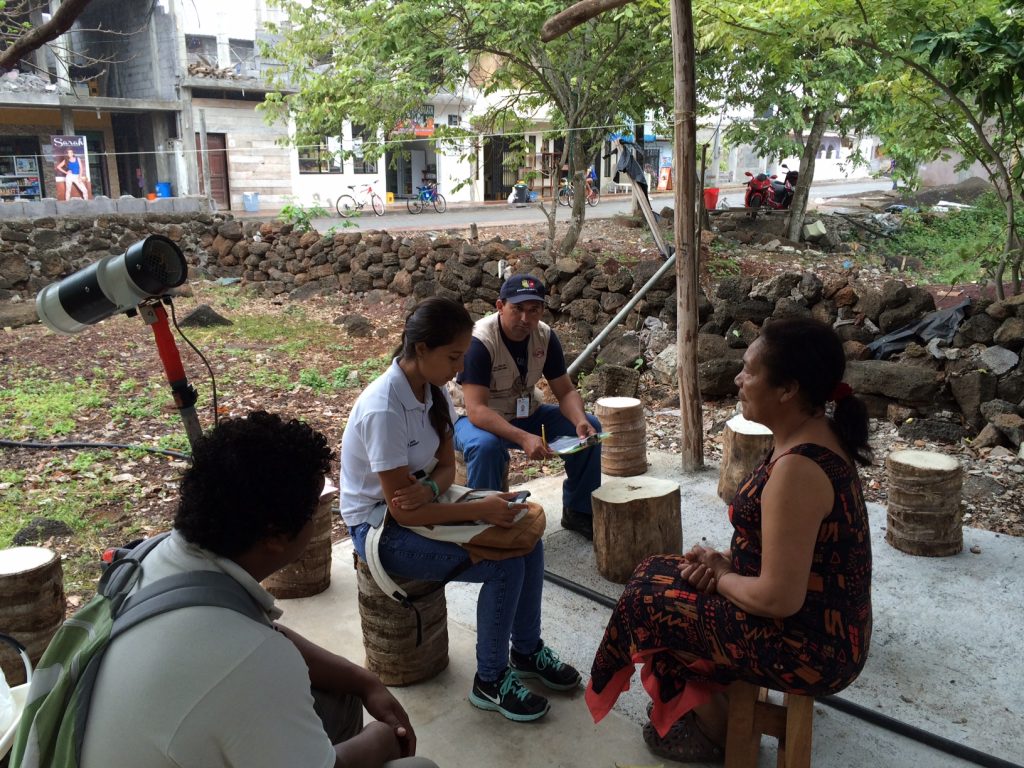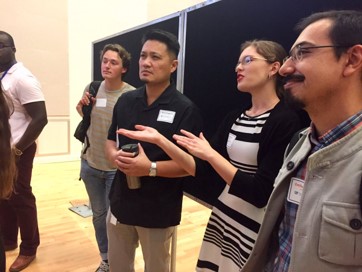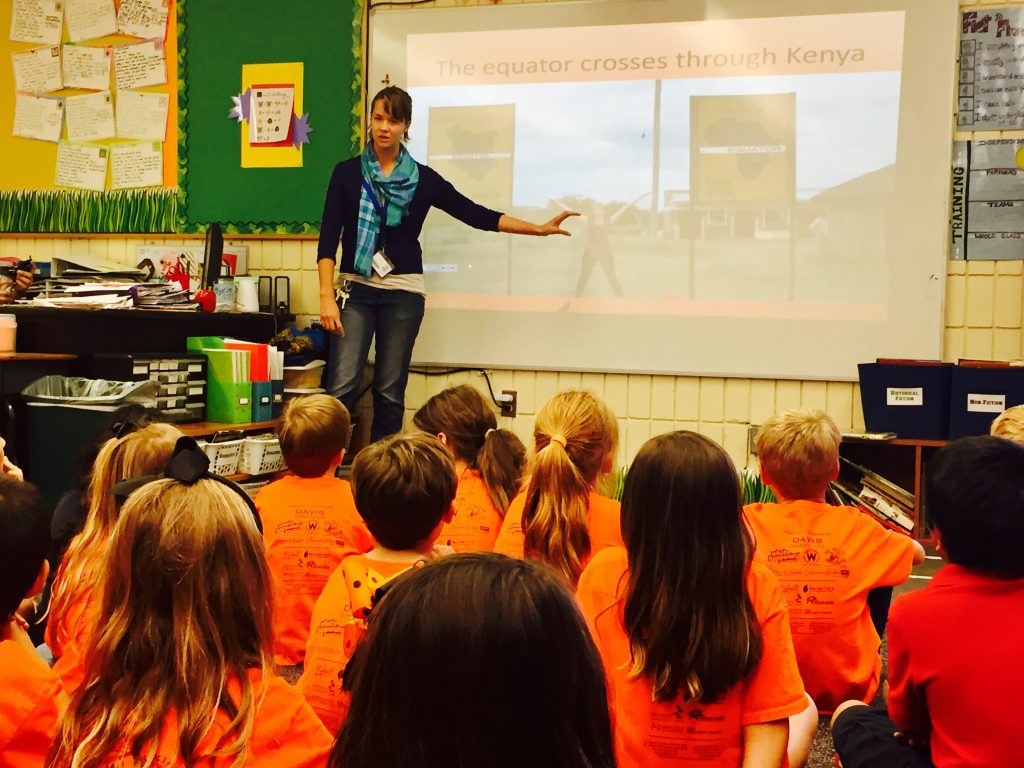GeoGators present 7 posters at EPI Day 2023
There was strong GeoGator representation at the 2023 EPI Day hosted by UF’s Emerging Pathogens Institute – with the SEER Lab and QDEC Lab submitting undergrad, graduate, and faculty posters. Undergrad Researchers Aryn O’Dell (SEER Lab) – Evaluating livestock commingling in a brucellosis risk zone in Kazakhstan Jaclyn Siu (SEER Lab) – Spatial Investigation of […]
